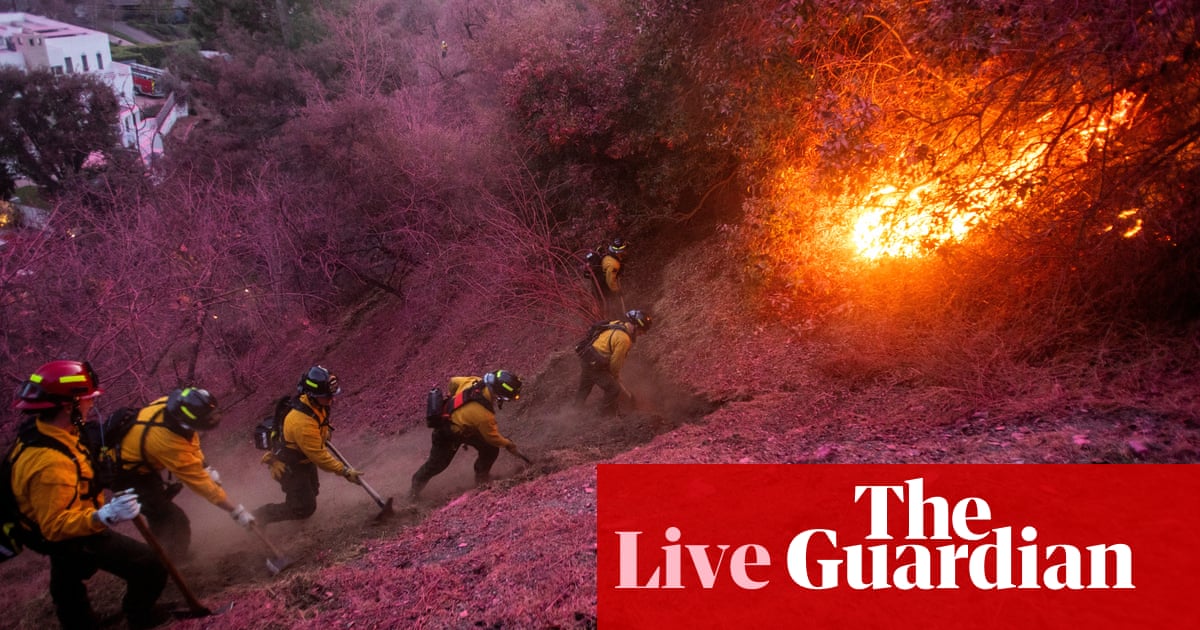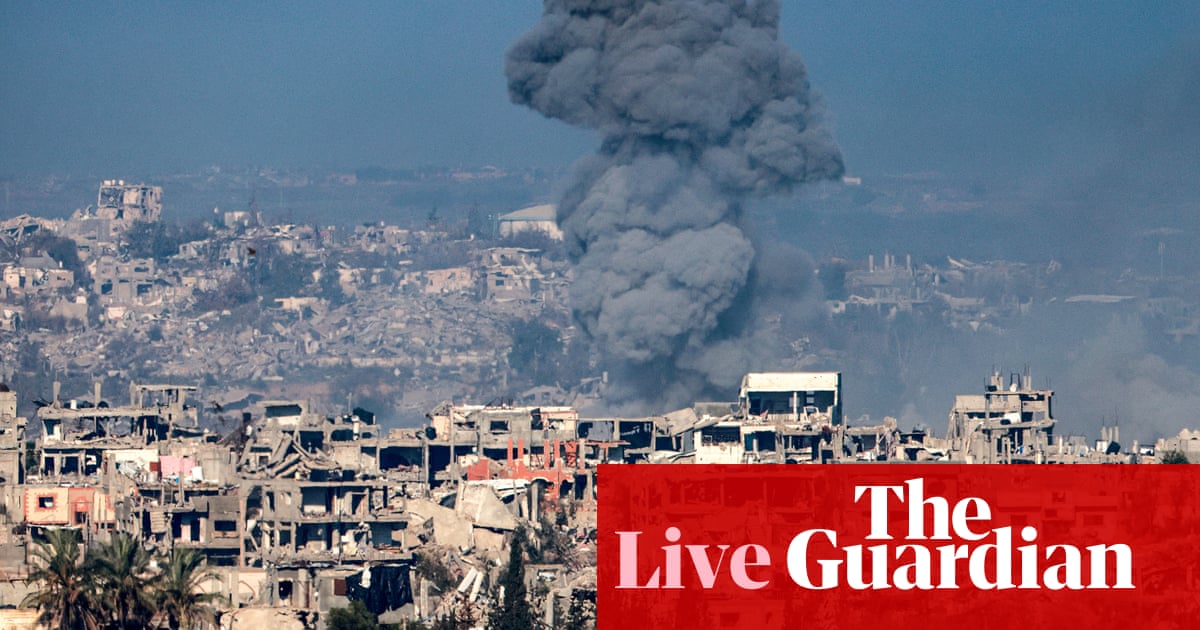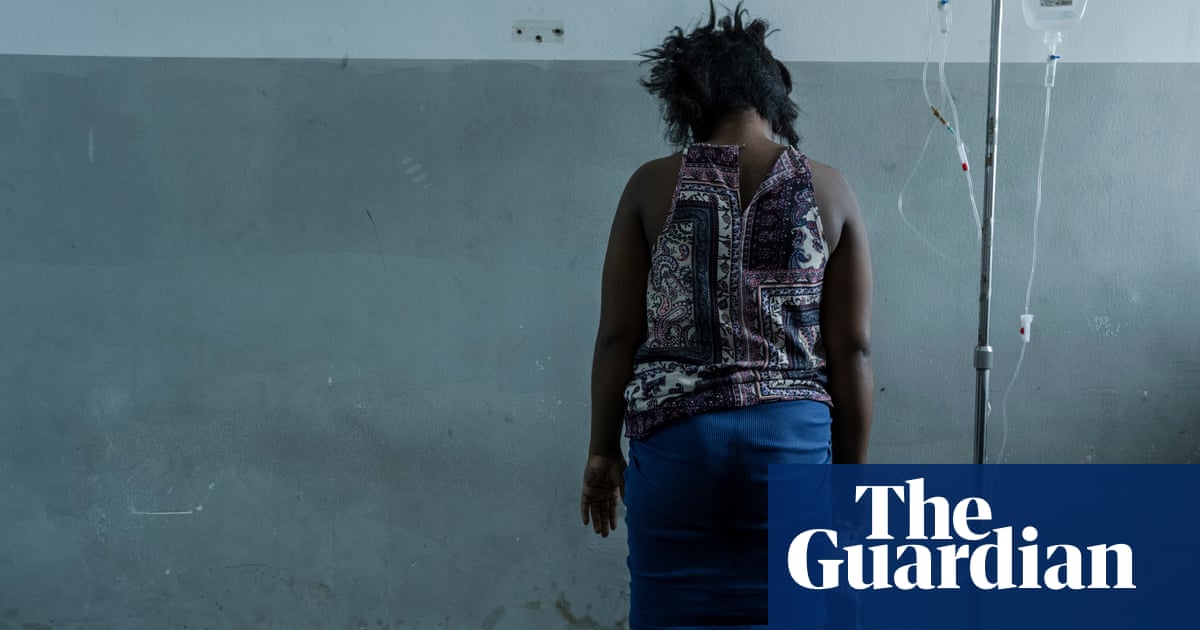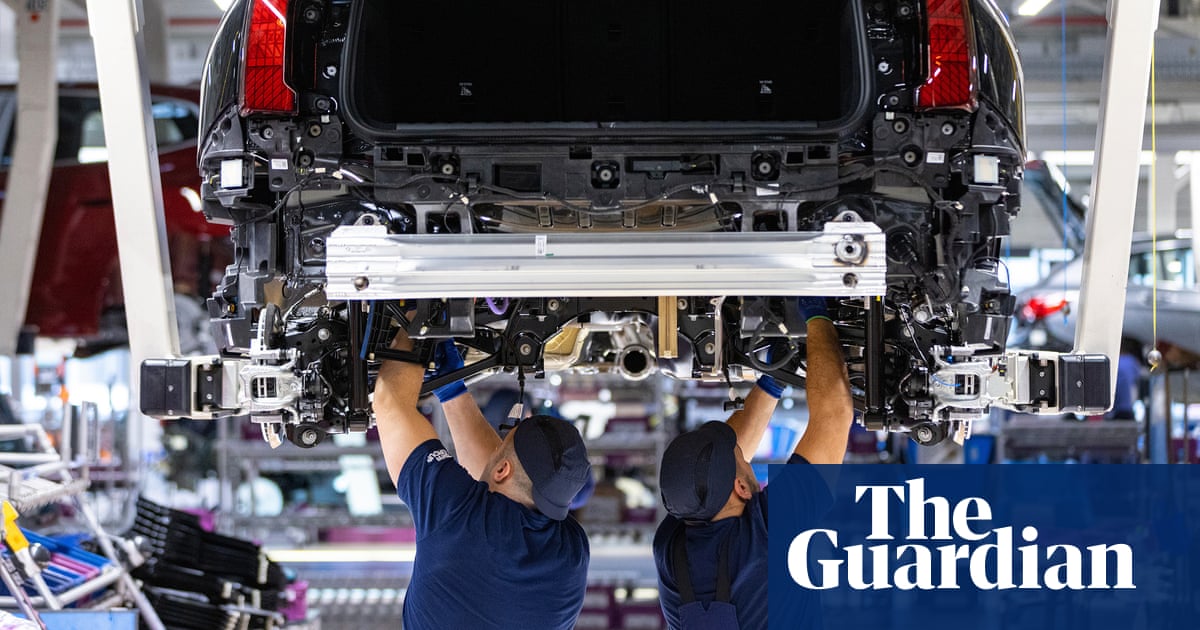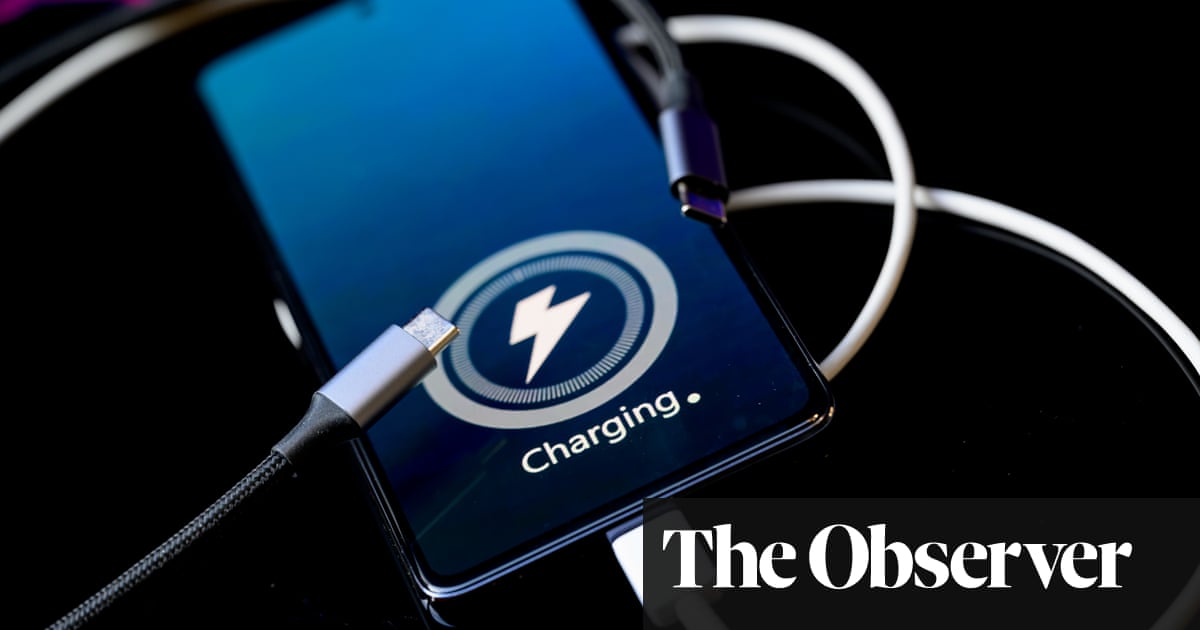Papua New Guinea’s decision to pull out of an upcoming UN global climate summit due to frustration over “empty promises and inaction” has prompted concern from climate advocates, who fear the move will isolate the Pacific nation and put vital funding at risk.
Prime minister James Marape announced in August the country would not attend Cop29 in “protest at the big nations” for a lack of “quick support to victims of climate change”. Then last week, foreign affairs minister Justin Tckatchenko, confirmed Papua New Guinea would withdraw from high-level talks at the summit, which begins on 11 November in Baku, Azerbaijan, describing it as “a total waste of time”.
Leading Papua New Guinea climate advocate Duncan Gabi said the move risks isolating the country from critical discussions and will weaken its ability to seek financial and technical support for climate adaptation and mitigation.
“We are living in a world where the impacts of climate change are increasingly devastating, particularly for vulnerable nations like ours. It is important for us to have a seat at the table and have our voices heard at the Cop,” Gabi said.
Cop, the UN’s annual year-ending climate summit, has faced persistent criticism that big-emitting countries have not done enough to take meaningful climate action. Papua New Guinea is among the first nations to declare it will not attend due to big emitting countries failing to act as they have promised.
The country has a population of about 10 million and lies just north of Australia. It is home to world’s third largest expanse of rainforest, according to the World Wildlife Fund. Impoverished, surrounded by ocean, and prone to natural disasters, Papua New Guinea is also considered to be highly vulnerable to the perils of climate change.
Marape and Tckatchenko criticised the Cop meetings for failing to deliver enough support for small island nations. Tckatchenko said Papua New Guinea will send a small delegation of government officials but ministers will not attend for high-level discussions.
“We will no longer tolerate empty promises and inaction, while our people suffer the devastating consequences of climate change,” Tckatchenko said at a meeting of small island states in Samoa last week. He added that “nothing concrete has come out of such major multilateral meetings.”
“The last three Cop meetings have gone around in circles, producing no tangible results for small island states. Cop29 will be no different, so Papua New Guinea will not participate at the political level,” Tckatchenko said.
“The international community has shown a total lack of respect for countries like ours that play a crucial role in mitigating climate change. We are tired of being sidelined.”
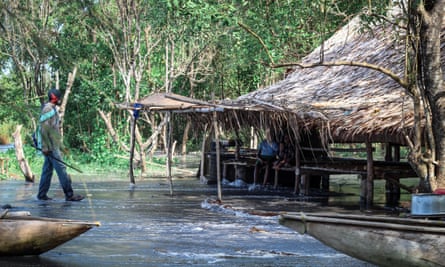
Small island countries, including those in the Pacific, are hoping better access to climate finance will be addressed this month in Azerbaijan. But Tckatchenko said big emitters and large countries have failed in providing support to small island states, who are at the frontline of the climate crisis.
“The pledges made by major polluters amount to nothing more than empty talk. They impose impossible barriers for us to access the crucial funds we need to protect our people,” he said.
after newsletter promotion
But the decision has raised concern among environmental advocates in Papua New Guinea. Climate change activist Vinzealher Anjo Nen said that while boycotting may send a strong message, Papua New Guinea “needs to stay within these conferences.”
Nen said Cop provides a unique global platform where countries – including small and developing nations – can advocate for stronger climate commitments and negotiate for resources.
“If we don’t attend, we lose important opportunities that could fund us and bring in resources and aid us with technical support,” she said.
“When we boycott, we will miss the opportunity to call for immediate climate action,” she said. Participation in events like Cop [gives the] opportunity to fight for stronger adaptation funding and to better support climate resilience,” she said.
Gabi agreed the Pacific nation should not sideline itself from Cop29 and described the decision to pull out as “ill-informed”. He said the meeting provides opportunities for Pacific nations to “negotiate climate action, secure funding, and advocate for necessary support.”
“Our absence from this gathering will send a disheartening message to the international community,” he said.

.png) 2 months ago
16
2 months ago
16
